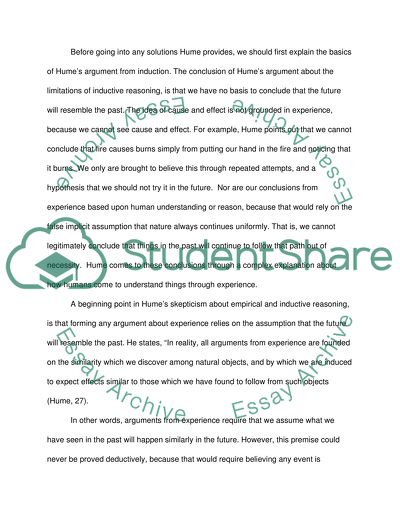Cite this document
(“The Problem of Induction by David Hume Essay Example | Topics and Well Written Essays - 1750 words”, n.d.)
Retrieved from https://studentshare.org/philosophy/1445636-the-induction-problem
Retrieved from https://studentshare.org/philosophy/1445636-the-induction-problem
(The Problem of Induction by David Hume Essay Example | Topics and Well Written Essays - 1750 Words)
https://studentshare.org/philosophy/1445636-the-induction-problem.
https://studentshare.org/philosophy/1445636-the-induction-problem.
“The Problem of Induction by David Hume Essay Example | Topics and Well Written Essays - 1750 Words”, n.d. https://studentshare.org/philosophy/1445636-the-induction-problem.


